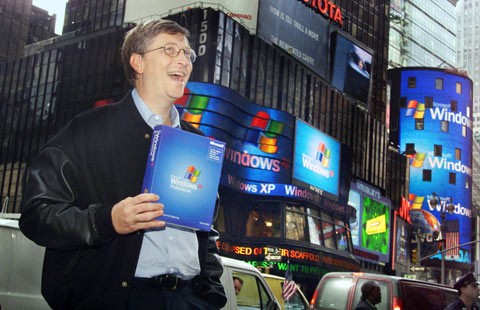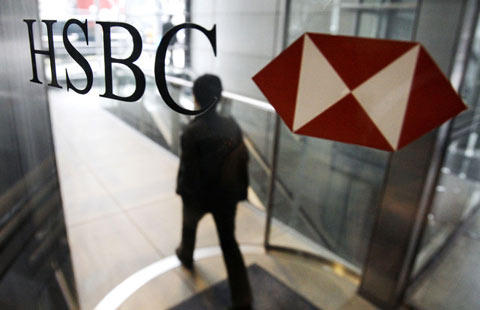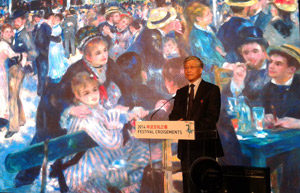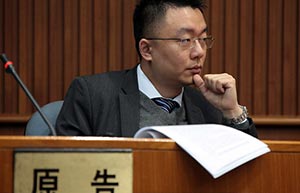Emphasize real economy: Entrepreneurs
By Zhao Shengnan (China Daily) Updated: 2014-04-08 07:25Gao urged the government to take stronger measures to lead the real economy, including opening market access, expanding room for investment and relieving the burdens on enterprises.
He also called for improving the level of financial supervision, encouraging investment and fighting against speculation to enable the finance sector to better serve the real economy.
Gao's appeal will not fall on deaf ears. When delivering a government report on March 5, Premier Li Keqiang pledged: "We will ensure that financial services play an active role in meeting the needs of the real economy, including small and micro businesses, agriculture, rural areas and farmers."
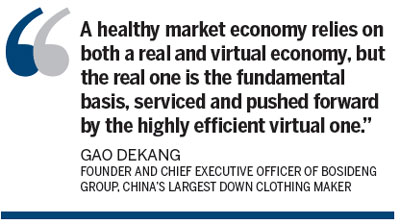
The market should have more confidence in the real economy, said Cui Guiliang, chairman of VV Group, the largest soybean milk enterprise in China and one of the 10 largest foodstuff production enterprises in the country.
"It is natural that money would be attracted by sectors with high rates of return, but no matter which sectors the money is invested into and no matter how much money is made in virtual economies, people have to consume products such as food," he said.
Cui also called for the government's stable support for the real economy given that it is not an "easy" task. "Money is not the only key for success. Real enterprises also need a stable market share, brand recognition and technologies run by professional entrepreneurs," he said.
Gao, from Bosideng, said, in addition to support, the real enterprises themselves should enhance their competitive edge through innovation and better management.
Amid China's declining share of US and European imports, Bosideng tried to lead Chinese enterprises in globalization through means such as opening up a flagship store in London, buying a UK-based menswear label and opening a pop-up store in New York.
|
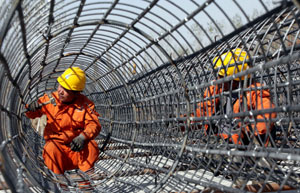 |
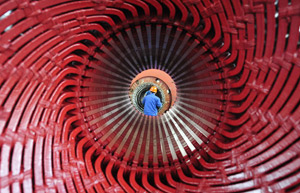 |
- Jaguar F-Type Coupe on track
- German companies upbeat on China's future growth
- Opel to launch small electric car by 2017
- Getting intervention right will take careful targeting
- Audi may keep adding output in 2nd quarter
- Samsung's lackluster Q1 earnings meet expectations
- Vice-minister calls for logistics improvement
- Printing firms write new path to profit


